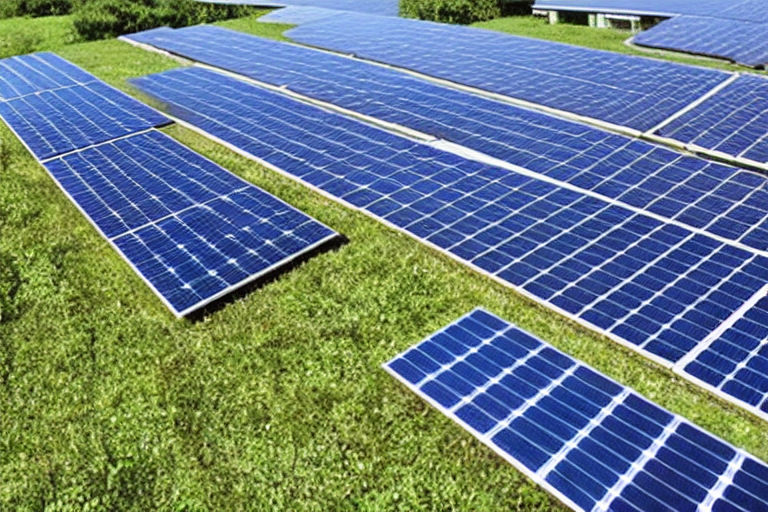The Future of Mini-Grids: Making Clean Energy Accessible to All
Energy is a fundamental aspect of modern life. Unfortunately, many people in developing countries still lack access to reliable and affordable sources of energy. However, mini-grids are changing the game. They make clean energy accessible to all, and this is having a positive impact on many aspects of people's lives, such as education, healthcare, and economic development. This article explores the future of mini-grids and how they are changing the world.
What are Mini-Grids?
Mini-grids are small-scale electricity networks that provide clean energy to communities that are not connected to national power grids. They typically consist of a combination of solar panels, batteries, and generators. Mini-grids can power everything from homes and farms to small businesses and medical facilities. They are often managed by local entrepreneurs, who sell electricity to customers through meters or pre-payment systems.
The Benefits of Mini-Grids
Mini-grids have numerous benefits. Firstly, they provide reliable and affordable energy to people who would otherwise have limited access to it. This is particularly important for communities in remote or rural areas, where other sources of energy may be unavailable or unreliable. Secondly, mini-grids are often powered by renewable sources, such as solar energy, which is more environmentally friendly than fossil fuels. Finally, mini-grids can have a positive impact on local economies, by providing power to small businesses and creating job opportunities for local people.
The Future of Mini-Grids
The future of mini-grids looks bright. According to the International Energy Agency, mini-grids could provide access to electricity for up to 500 million people by 2030. This would reduce the number of people without access to electricity by 50%. Furthermore, the cost of renewable energy continues to fall, making mini-grids more affordable and attractive to investors. Governments and organizations around the world are also recognizing the potential of mini-grids, and are investing in their development and deployment.
Conclusion
Mini-grids have the potential to transform the lives of millions of people by providing them with reliable, affordable, and clean energy. As the technology continues to develop and become more widely available, it is likely that mini-grids will play an increasingly important role in powering communities around the world. The future is bright for mini-grids and for the people who rely on them.



